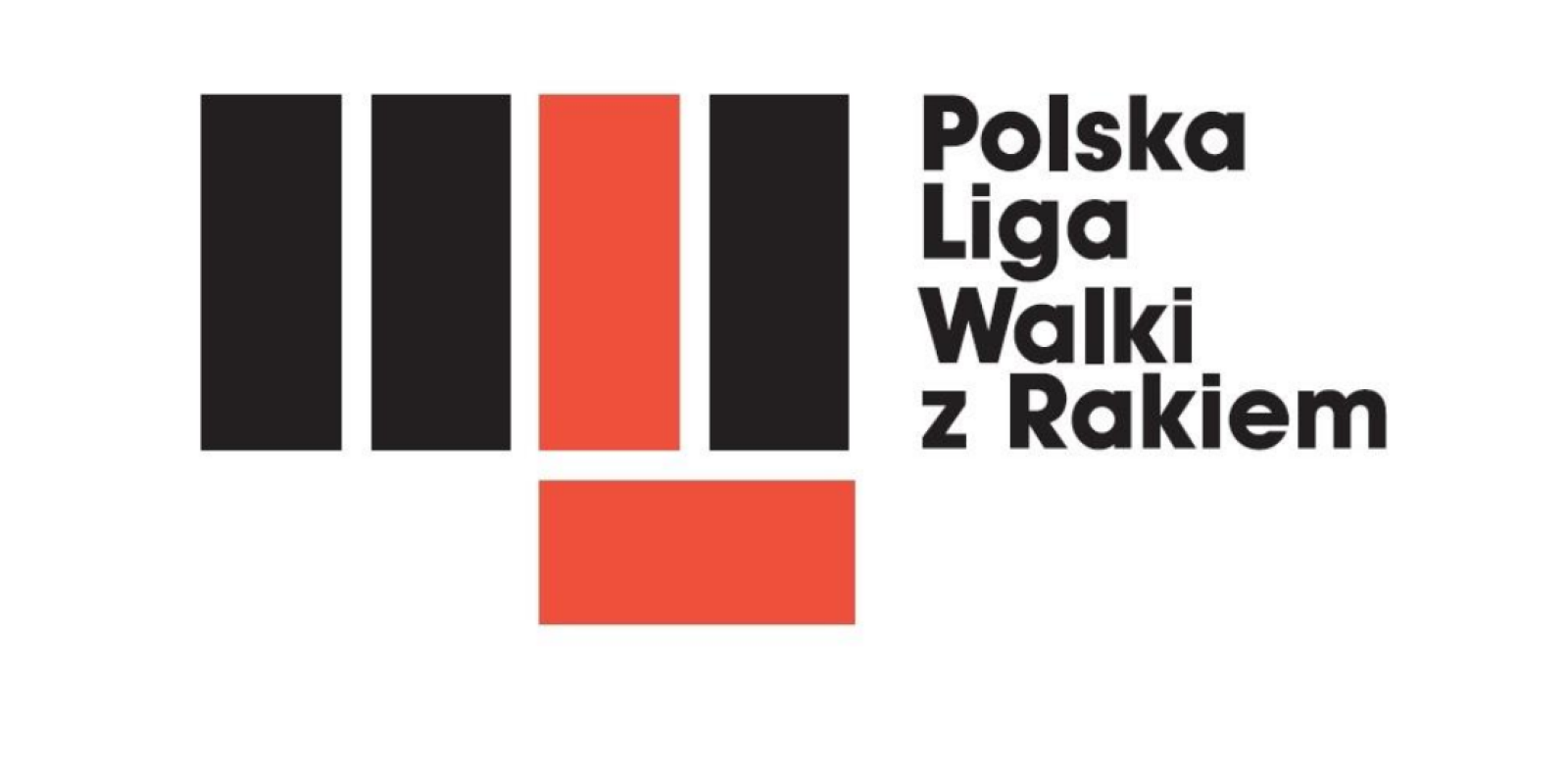-Across Europe, many cancer patients use complementary and alternative medicine - CAM - during or after conventional cancer therapy, says Professor Miek Jong, Director of NAFKAM and Head of the international CAM Cancer Collaboration.
-CAM therapies are usually offered and provided outside countries' official and regulated healthcare system, and are not required to demonstrate efficacy or safety in the same way as medical treatments. This creates a significant need for evidence-based and objective information — both for patients and healthcare providers, she continues.
NAFKAM’s online CAM Cancer database provides such information to healthcare professionals, supporting patient communication and helping patients make informed, knowledge-based decisions about their health. Earlier this autumn, Polska Liga Walki z Rakiem joined CAM Cancer’s international network of partners.
Founded in 2015 as a non-profit foundation, the Polska Liga Walki z Rakiem aims to improve cancer care in Poland, initiate and implement cancer prevention strategies, and enhance treatment outcomes nationwide. The agreement grants the League the right to translate CAM Cancer’s summaries into Polish and publish them on their website.
-Today’s information landscape is a jungle of messages and channels, making it difficult to distinguish between high- and low-quality health information, Professor Jong continues.
-In social media, anyone can share claims about cancer cures without evidence or fact-checking to support them. This can create false hope for patients and their families. That’s why it is crucial that both patients and healthcare professionals have access to high-quality, evidence-based information - and that authorities, patient organizations, and clinical communities communicate consistent messages.
-We are therefore very pleased to welcome Professor Jacek Jassem and his team in Poland as new partners in our international, interdisciplinary network of experts in research, health communication, and patient care. Together, we will promote informed health choices for cancer patients across Europe, based on rigorous assessments of the best available evidence on the efficacy and safety of complementary treatments, Jong concludes.
